What Does Snow Smell Like: A Whiff of Winter Wonderland
I remember a cold November day when I was about 6 years old walking with my dad outside on our Christmas tree farm. As we walked, he said “it’s going to snow soon.” Looking up at the sky, I asked him how he knew, and he replied, “because I can smell it.” At the time, I thought he was silly. Snow has no scent. It is just made out of water. Or does it?
This past week, I was out on a run. As I breathed in the fresh, cold air, I suddenly recognized a scent. It’s going to snow soon I thought. Within the hour, the gorgeous light snowflakes began to fall. I smelled it before it came down.
It is no surprise that we are so deeply connected with nature that we can smell weather changes before they happen. For example, the scent of rain after a dry spell is one most people recognize and love. That captivating and earthy aroma is called petichor and is the release of specific chemicals. Bacteria in the soil called streptomyces secreta a molecule called geosmin. When rain hits the soil, the raindrops trap air bubbles containing geosmin. The bubbles move through the raindrop and burst out of is as aerosols which are even smaller particles dispersed through the air. In a way, similar to how essential oils are diffused. Another contributing factor of those amazing aromas is the combination of plant oils. Plants secrete oils during times of drought. When it finally rains, the oils that it had been accumulating are released into the air in the same way geosmin is.
The Scent of Snow
Snow is simply frozen water. One would think it is odorless however, many claim snow definitely has its own signature scent. Snow has a unique and refreshing scent that is often described as clean and crisp. Some people describe it as have a slight citrus whereas others describe it a light sweet floral. Others describe it as a fresh dirt-like aroma. When the first snowfall blankets the ground, the air is filled with a faint, almost sweet aroma, reminiscent of freshness and purity. While snow itself is odorless, the characteristic scent that we associate with snow is actually a combination of various factors, both natural and human-induced.
The Science Behind the Scent of Snow
There are several reasons why snow has its subtle yet distinct aroma:
Olfactory Receptors and Cold Air: The nose plays a crucial role in our perception of scents. Cold air is denser than warm air, causing it to carry fewer odor molecules. As a result, our olfactory receptors are less stimulated in colder temperatures. This phenomenon contributes to the perception of a cleaner and crisper smell associated with snow.
Chemical Reactions in the Atmosphere: The air during winter often contains unique combinations of chemicals and particles. When snow falls, these compounds can undergo reactions that release distinct aromas. For example, the smell of ozone, which is often described as a clean and slightly sweet scent, can be more pronounced in snowy conditions. Different regions will also describe the scent of snow differently depending on the location. For example, snow in a forest may smell more woody compared to snow in the middle of New York City. Local soil and other environmental factors such as temperature, humidity, and air pressure also play a role in shaping the olfactory characteristics of snow.
Release of Volatile Compounds: Snow can act as a natural air purifier, capturing and removing impurities and pollutants. When snow crystals form, they may capture volatile compounds and pollutants present in the atmosphere. As the snow accumulates on the ground, these impurities are effectively removed from the air, contributing to the perception of a fresh and clean scent.
Past Memory Scent Associations: The olfactory system, responsible for our sense of smell, has a direct link to the brain's limbic system. The limbic system is the seat of our emotions and plays a crucial role in memory formation and retrieval. This direct connection between scent and the limbic system explains why a single whiff of a familiar scent can instantaneously trigger a flood of memories. The scent of snow can often evoke past memories of childhood, vacations, and time outdoors. Typically, these memories involve winter holidays and outdoor activities like sledding, skiing and building snowmen. Those memories can then elicit feelings of peace, calm, joy and happiness.
This scent is a combination of various factors, including the release of volatile organic compounds from the snow itself, the cool, clean air that accompanies snowfall, and the absence of many other odors that might be present in warmer seasons. The scent of snow is often associated with a sense of tranquility and purity, evoking memories of peaceful winter landscapes and the quiet embrace of a snowy day. Like all aromas, the scent of snow is subjective and individualized. For many, it may evoke positive past memories, reduce stress, and improve mood.
Want to learn more about the science of scent? Check out my latest book Science of Essentials: The Essential Guide for Using Aromatherapy to Promote Health and Healing here.
Looking for more education on using essential oils for emotional health? See my blog article, The Best Essential Oils for Stress and Anxiety and 5 Tips for Using Aromatherapy for Stress Relief.
Disclaimer: This blog is for general informational purposes only and does not constitute the practice of medicine, nursing or other professional health care services, including the giving of medical advice. The use of information on this blog or materials linked from this blog is at the user's own risk. The content of this blog is not intended to be a substitute for professional medical advice, diagnosis, or treatment. Users should not disregard, or delay in obtaining, medical advice for any medical condition they may have, and should seek the assistance of their health care professionals for any such conditions.



